#triviaxt
A look at John Thornton's argument that the Atlantic trade was marginal to African economy, on why slavery was mild in Africa and why the primacy of labor over land in pre-colonial African production explains the existence of domestic slavery in pre-Atlantic Africa
A look at John Thornton's argument that the Atlantic trade was marginal to African economy, on why slavery was mild in Africa and why the primacy of labor over land in pre-colonial African production explains the existence of domestic slavery in pre-Atlantic Africa

He explains that Africans weren't coerced into the trade by european military superiority b'se europeans failed in their first attempts at colonizing the senegambia, west-central africa (plus southeast africa & the swahili coast) b'se it was africans with the military superiority 

He has covered it before: the defeats successive european navies suffered in the senegambia, the portuguese defeats in west-central africa (kongo at mbanda kasi and kitombo, matamba's queen njinga, etc)
and if I may add: changamire and mutapa in southeast africa and the swahili



and if I may add: changamire and mutapa in southeast africa and the swahili




He then elaborates that African states weren't coerced economically into selling enslaved people either this he does by comparing imports of European cloth and iron (the two biggest African imports along with cowrie shells) that were exchanged for slaves against african demand
(using African popn estimates, household consumption and size of african armies), he calculates that European iron and cloth imports were less than 10% to 2% of African demand
As he states "Perhaps one of the most interesting facts of the early Atlantic trade was that Europe offered nothing to Africa that Africa did not already Produce"
Iron imports from europe to the senegambia met 10% of civilian demand (or under 2% if military demand is included)
Iron imports from europe to the senegambia met 10% of civilian demand (or under 2% if military demand is included)

european cloth imports to africa as well, met less than 2% of the domestic demand in the akan regions of ghana and in west central africa: the latter of which had a vibrant and extensive cloth producing region as productive as contemporary European regions 

Most european cloth imports went to regions that had vibrant cloth industries of their own and rather than compete with local manufactures, they supplemented them, this is consistent with other african regions eg east africa in the 1800s 

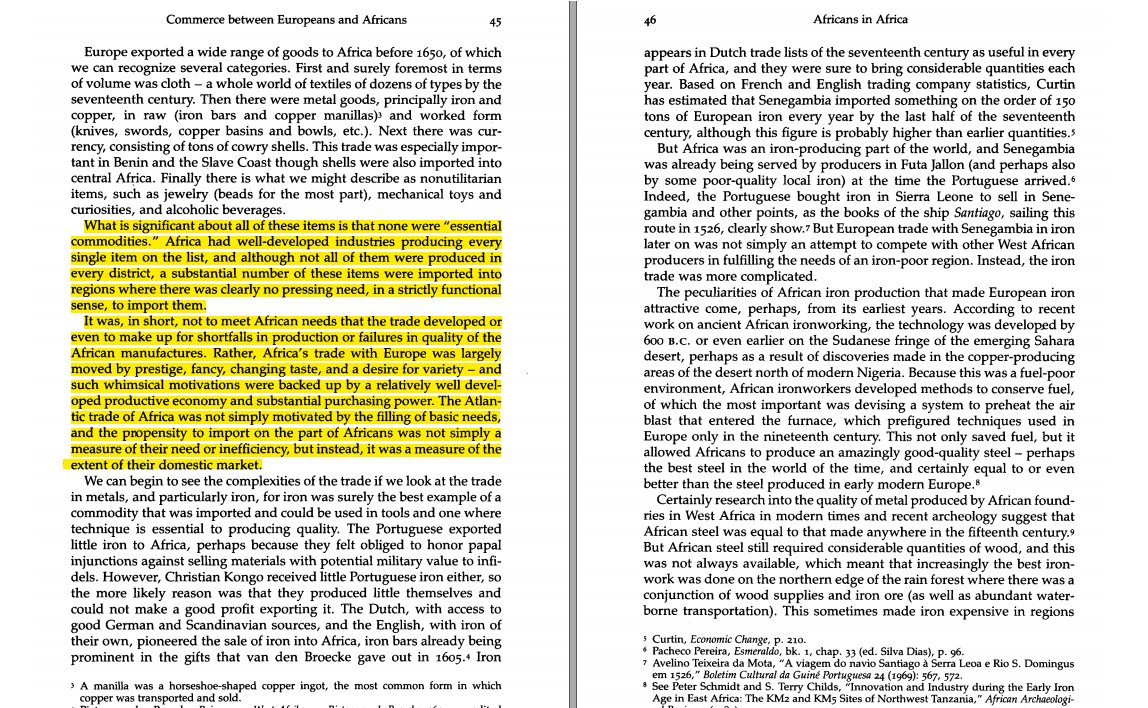

That european imports went where they were already produced in sufficient quantities has been explored in eastern africa where European imports complimented rather than outcompted local textiles and the latters decline was b'se of colonial labour demands
https://twitter.com/rhaplord/status/1392038406889349121?s=20
He then departs from his peers (particularly paul lovejoy) on whether there was a significant increase in domestic slavery in africa b'se of european demand, he explains that there was already a significant popn and market for slaves that could meet early Atlantic demand 

this he says was mostly b'se african law to prize labour over land and while he rejects the land-labour ratio as the sole reason for this law's existence, he contends in other passages that it explains part of it 
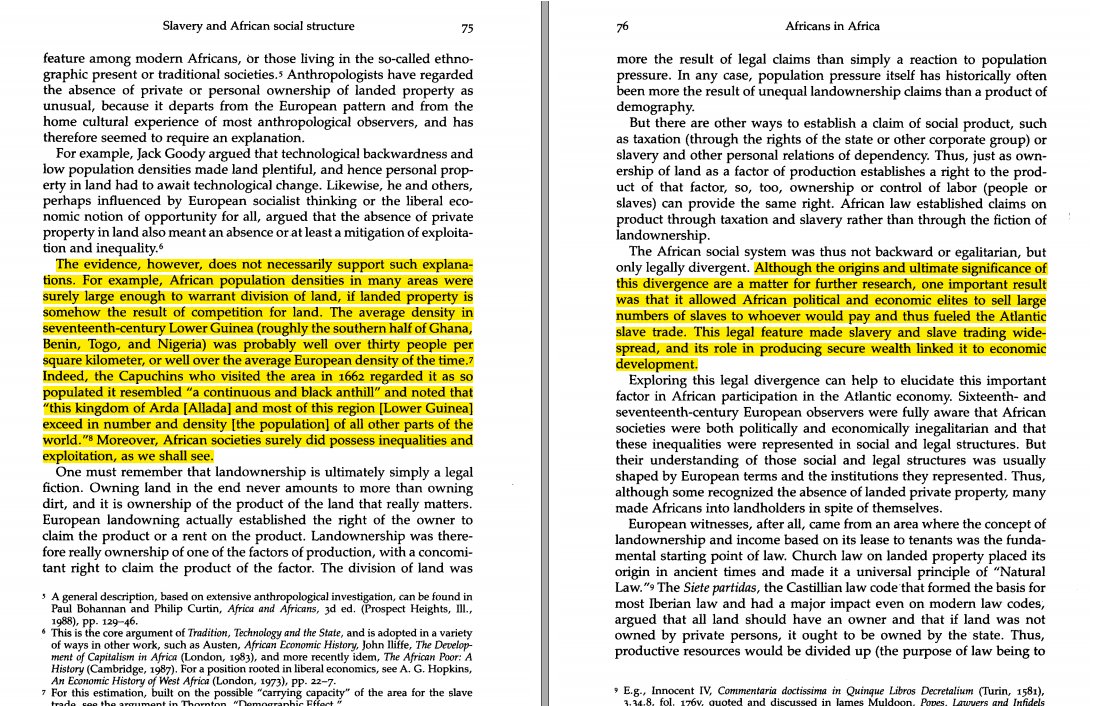
<sidenote> private land holdings and private land sales existed in some african states most notably makuria and Ethiopia and sokoto
but these were removed from the atlantic africa where he's discussing
for history of private land ownership and land sales in these african states:



but these were removed from the atlantic africa where he's discussing
for history of private land ownership and land sales in these african states:

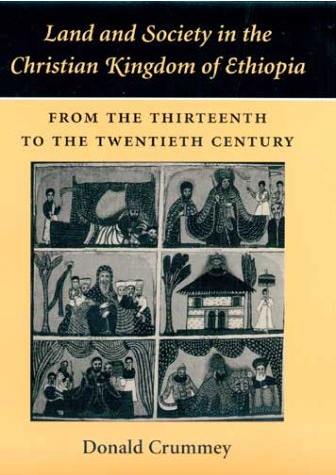


Free (wage) labour existed as well in african states and was extensively employed as mansons, smiths, in textile production, as potters (esp in eastern africa), etc but this served alongside enslaved labor
see:


see:


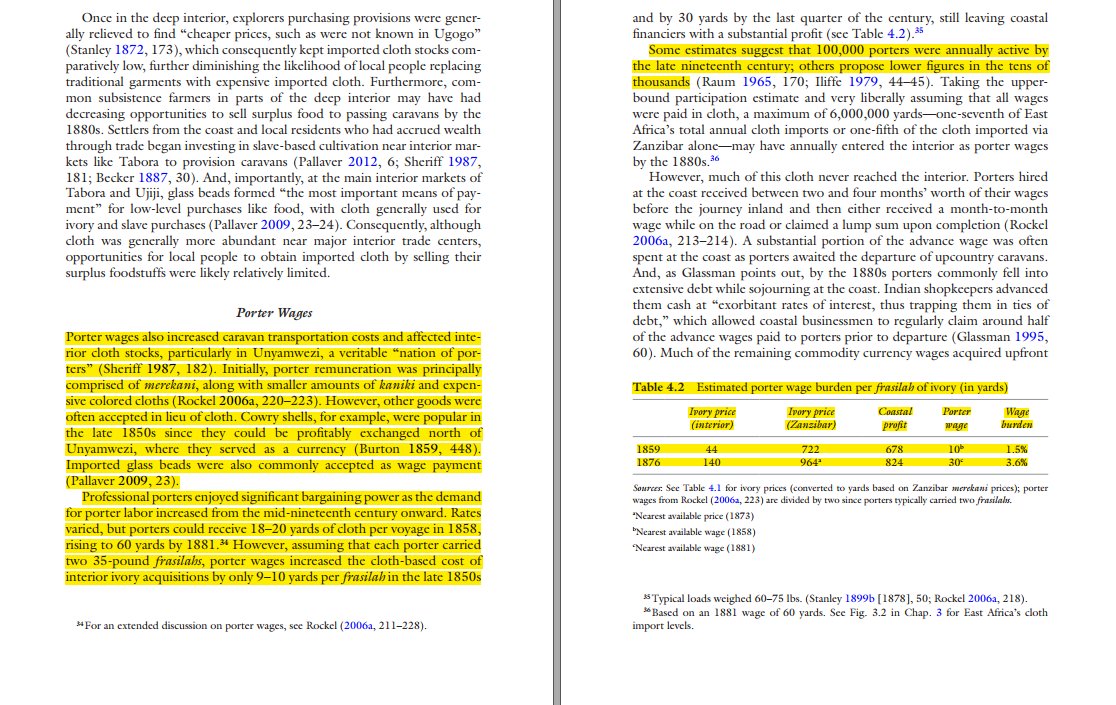
The primacy of labor over land made african states the most efficient at procuring slaves: a market which europeans easily tapped and this supply sufficiently met early Atlantic demand from the onset even even in regions with no prior external demand like westcentral africa
eg in west central africa, b'se of low popn density, states had already been concentrating un-salable captive populations as serfs (nominally: slaves) ,which explains why this region could (and did) export >50% of all slaves despite no prior contact to the Islamic slave market 




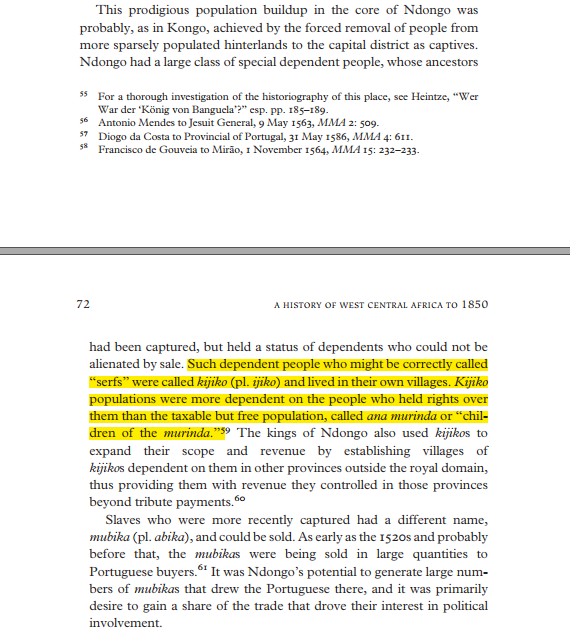
He then goes over why benin (and for nearly a century, kongo) banned or ceased exporting slaves to the Atlantic economy after labour demands domestically outsripped the prices (this profits) that could be gained from exporting the same slaves 



the subject of african states banning slave exportation or withdrawing from the atlantic slave trade has been covered aswell in lovejoy's work but the latter cited religious rather than economic reasons for it (Ryder explains that benin's ban was economic)
https://twitter.com/rhaplord/status/1385539840566075393?s=20
He also mentions that the reason why slavery was observed to be mild in africa by europeans ("slaves in name only") is b'se while only slaves did menial labour in europe, slaves in africa performed all forms of duties from high administration to trading, military service, etc 

This is consistent with the presence of "slave officials" in much of the documented west african history, from late period songhai (Michael Gomez went into detail on the prominence songhai eunuchs and mumluks) to sokoto, hamdallaye, and also in west-central africa's kongo 




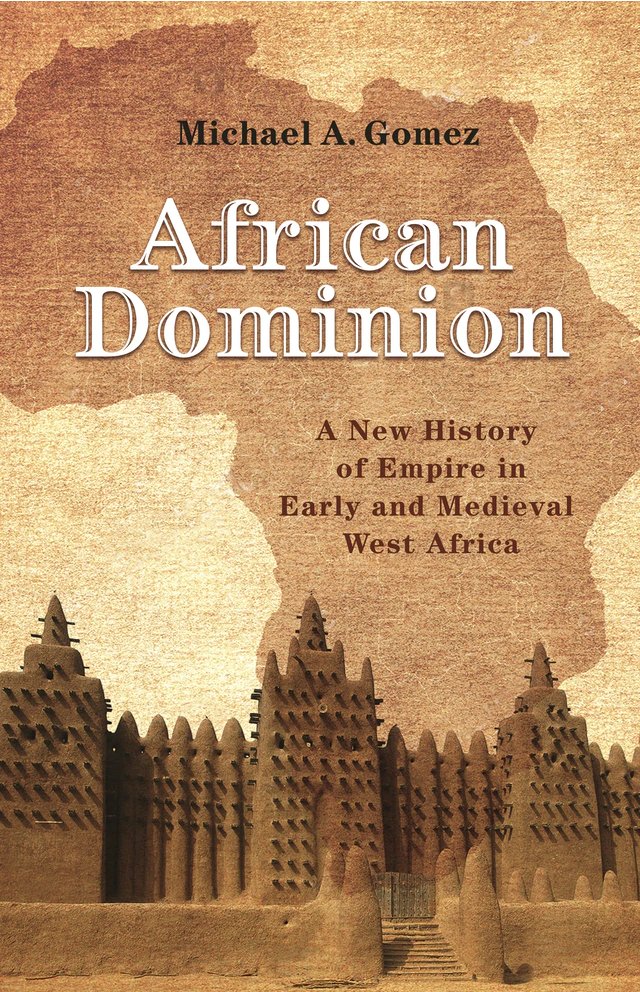


its also why some notable west african kings were originally slaves eg sumanguru of soso (sucessor of the ghana empire), Askia muhammed's Askia dynasty of songhai and Ngolo Diarra's dynasty of the bambara empire whose founders were originally slaves
Thronton's argument is that Atlantic trade's effect on african society has been overstated (excluding the demographic impact), that centralization, warfare & economy wasn't significantly altered and dynamics of african states shud be sought in africa itself rather than externally
His observation that external trade didn't significantly affect African states has been covered before in south east Africa's gold trade
and that slave trade wasn't central to African politics and economy has been covered in the various studies on the era of legitimate trade

and that slave trade wasn't central to African politics and economy has been covered in the various studies on the era of legitimate trade
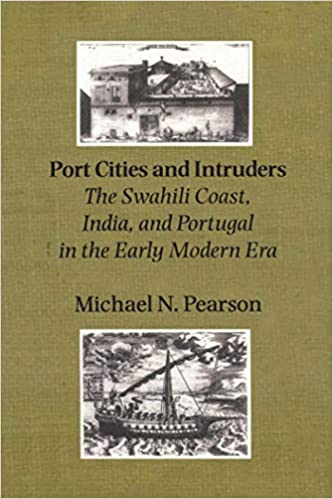
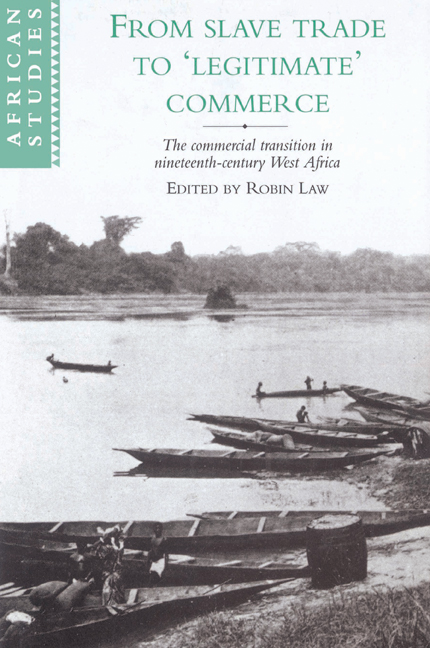
but his assertion that there was sufficient slave population that could meet early demand, while departing from lovejoy, hopkin's and robin law's argument that european demand expanded domestic slavery: is consistent with west central african history
https://twitter.com/rhaplord/status/1385535147974479874?s=20
In parts of the book and much of his other work, he critiques the gun-slave and horse-slave cycle (both of these theories already have plenty of critics)
He also divorces westafrican centralisation from the atlantic trade (this theory has many proponents as well)
He also divorces westafrican centralisation from the atlantic trade (this theory has many proponents as well)
some sources (i've tried to leave the page numbers and provide the covers for most books except a few that ill list here)
on European defeats:
<screenshot 1>
Warfare in Atlantic Africa, 1500-1800 pg43
J. Thornton
on European defeats:
<screenshot 1>
Warfare in Atlantic Africa, 1500-1800 pg43
J. Thornton
<screenshot2>
A re-interpretation of the Kongo-Portuguese War of 1622 according to new documentary evidence
J thornton
<screenshots 3 and 4>
Firearms, Diplomacy, and Conquest in Angola
Cooperation and Alliance in West Central Africa, 1491–1671
J thornton
A re-interpretation of the Kongo-Portuguese War of 1622 according to new documentary evidence
J thornton
<screenshots 3 and 4>
Firearms, Diplomacy, and Conquest in Angola
Cooperation and Alliance in West Central Africa, 1491–1671
J thornton
on the tweet about private land holdings, the third screenshot is from:
Plantation Slavery in the Sokoto Caliphate: A Historical and Comparative Study
by Mohammed Bashir Salau
(although the better source for sokoto private land sales is the book in the fourth screenshot)
Plantation Slavery in the Sokoto Caliphate: A Historical and Comparative Study
by Mohammed Bashir Salau
(although the better source for sokoto private land sales is the book in the fourth screenshot)
screenshots on the tweet about low population density in west-central africa
A History of West Central Africa to 1850
by John Thornton pgs 6-8, 72
A History of West Central Africa to 1850
by John Thornton pgs 6-8, 72
• • •
Missing some Tweet in this thread? You can try to
force a refresh




